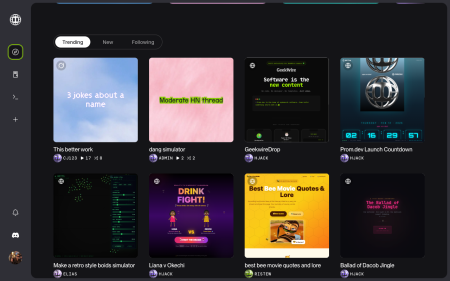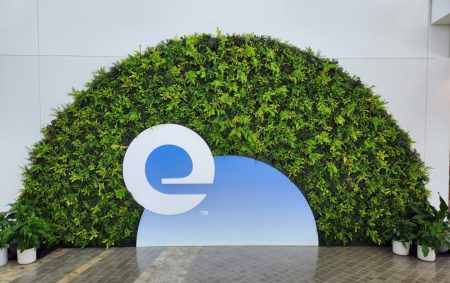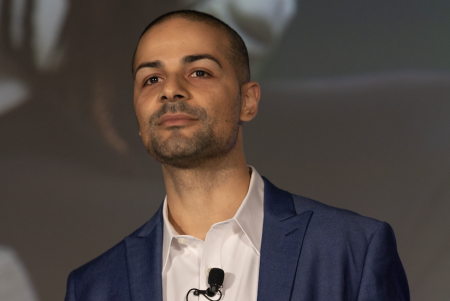Paragraph 1: Madrona’s Successful Fundraising in a Challenging Market
Madrona Venture Group, the leading venture capital firm in the Pacific Northwest, has successfully closed two new funds totaling $770 million, defying the prevailing slowdown in the venture capital sector. This achievement underscores the firm’s established reputation and strong track record, even as IPO activity remains subdued. The new fund, Madrona’s tenth, represents a significant increase from its previous funds of $690 million in 2022 and $345 million in 2020. It is divided into two distinct investment vehicles: a traditional fund focused on early-stage startups, comprising approximately 60% of the total, and an "acceleration fund" designed to invest in more mature companies, including those Madrona may have previously missed. This dual approach allows Madrona to maintain its focus on early-stage investments while also capitalizing on opportunities in later-stage companies with proven potential.
Paragraph 2: Navigating the Venture Capital Landscape and LP Concerns
The venture capital landscape has undergone a significant shift in recent years, with fundraising activity declining sharply. According to PitchBook, venture firms raised $76.1 billion across 508 funds in 2024, a stark contrast to the $188 billion raised across 1,625 funds in 2022. This downturn is largely attributed to rising interest rates and a decrease in exit opportunities. However, established firms like Madrona have maintained an advantage, attracting a larger share of limited partner (LP) dollars. In 2024, established firms secured 79.4% of total capital, the highest concentration in the past decade. While Madrona’s new fund is substantial for the Pacific Northwest region, it pales in comparison to the “megafunds” that raised billions in 2024. A key concern among LPs is the distribution to paid-in capital (DPI), a metric reflecting returns on investment. The slowdown in IPOs and acquisitions has created uncertainty about when LPs can expect to realize returns on their investments, making strong DPI performance a crucial factor for attracting capital.
Paragraph 3: Madrona’s Strong DPI Performance and Optimistic Outlook
Despite the challenging market conditions, Madrona has demonstrated strong DPI performance in 2024, thanks to successful exits by portfolio companies such as Rover and Lexion. Rover, a pet-sitting giant, was acquired by private equity firms, and Lexion, a legal tech startup, was acquired by Docusign. These successful exits have reinforced Madrona’s standing with LPs and contributed to its successful fundraising. Managing Director Matt McIlwain expressed optimism about the upcoming year, citing positive macroeconomic trends and the change in federal administration as contributing factors. He characterized his current mindset as “risk-on,” signaling a proactive investment approach. McIlwain emphasized that conversations with portfolio companies are now focused on accelerating operating plans, indicating a renewed focus on growth and expansion.
Paragraph 4: Madrona’s AI Investment Strategy and Focus Areas
Madrona is actively pursuing investment opportunities in the artificial intelligence (AI) space, focusing on companies that operate "up the stack," beyond the foundational model layer. McIlwain believes that significant value will be created in the agentic and application layers, where companies develop software solutions for specific customer problems within particular domains. While the firm is cautious about investing in startups directly competing with established players like OpenAI or Anthropic, it remains interested in companies building essential infrastructure for AI applications, analogous to the roles played by Plaid and Stripe in the fintech sector. This strategic approach aims to capitalize on the growth of AI while mitigating the risks associated with competing in highly competitive segments.
Paragraph 5: Madrona’s Regional Focus and Expanding Reach
Madrona’s primary focus remains on startups based in the Pacific Northwest, leveraging its deep connections with regional tech giants like Microsoft and Amazon. These relationships provide portfolio companies with valuable access and resources, helping them "unlock doors" to new opportunities. While maintaining its regional stronghold, Madrona has strategically expanded its reach, opening a Silicon Valley office in 2022. The firm plans to invest approximately 75% of its new funds in the Pacific Northwest, with the remaining 25% allocated to companies outside the region. This balanced approach allows Madrona to capitalize on the vibrant Pacific Northwest ecosystem while also exploring promising opportunities in other tech hubs. Facing increasing competition from other Seattle-based firms raising new funds, Madrona emphasizes its unique value proposition.
Paragraph 6: Madrona’s Differentiating Factor and Long-Term Vision
Madrona believes its "secret sauce" lies in its optimal size, which allows it to invest across the entire lifespan of a startup, from initial seed rounds to IPOs. This flexibility distinguishes Madrona from both smaller firms limited to early-stage investments and larger funds that primarily focus on later-stage deals. McIlwain highlights Madrona’s ability to be the "best of both worlds," providing comprehensive support to portfolio companies throughout their growth journey. This long-term perspective, coupled with its deep regional roots and expanding network, positions Madrona as a key player in the evolving venture capital landscape. The firm’s continued success in raising capital, despite market challenges, underscores its enduring strength and adaptability in the dynamic world of technology investing.















